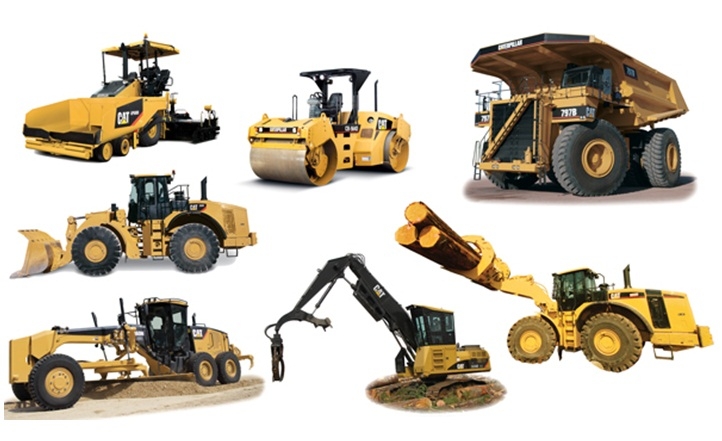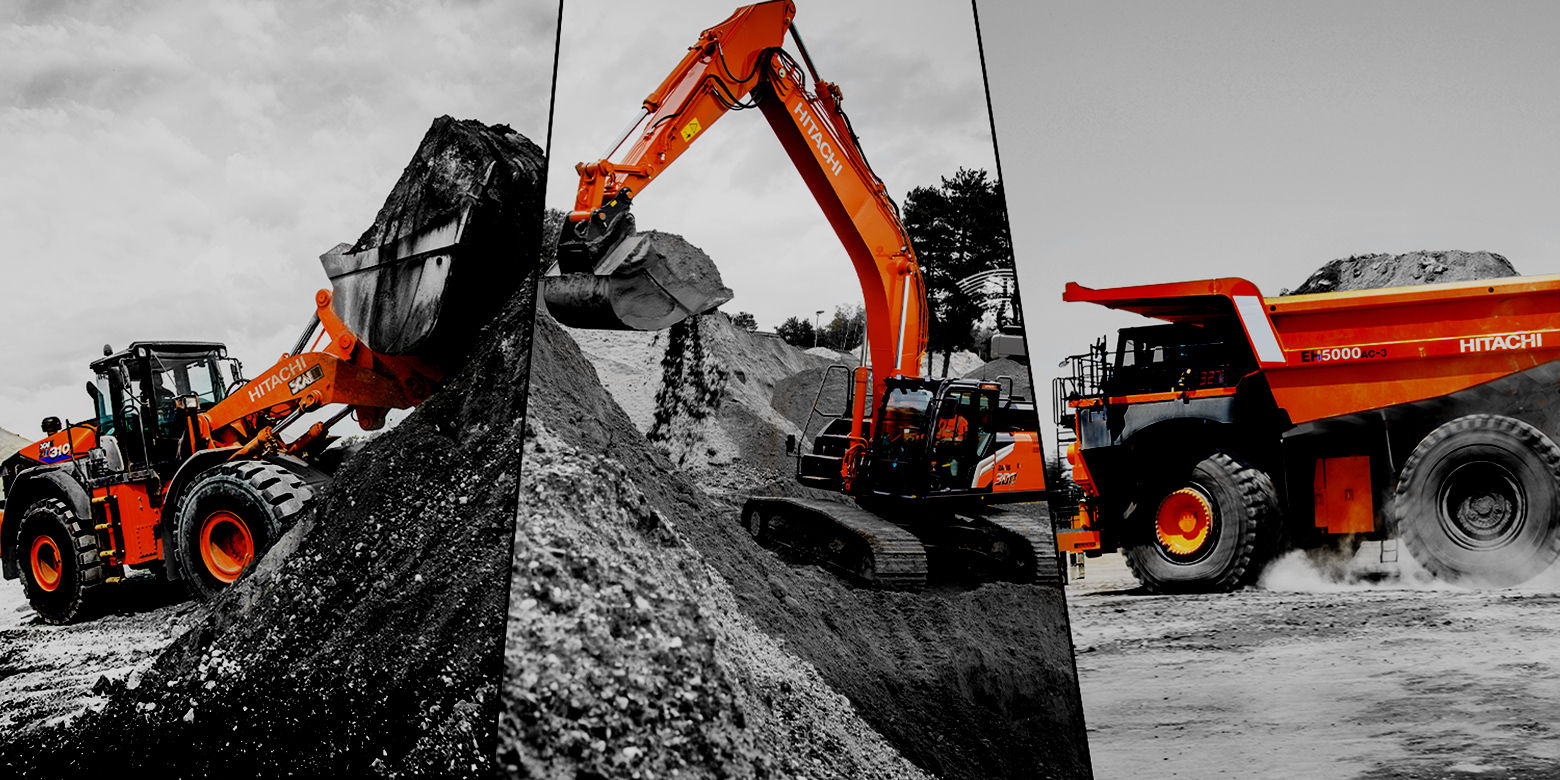Boom Lift Rental in Tuscaloosa AL: Find Economical Choices for Your Jobs
Discovering the Financial Benefits of Renting Construction Tools Contrasted to Having It Long-Term
The decision in between renting out and possessing construction tools is crucial for economic administration in the market. Renting offers immediate price financial savings and operational flexibility, allowing firms to designate resources much more efficiently. Understanding these subtleties is crucial, specifically when thinking about how they align with specific task requirements and financial approaches.

Cost Contrast: Renting Out Vs. Possessing
When reviewing the monetary ramifications of having versus leasing building tools, a comprehensive price contrast is essential for making educated choices. The choice in between leasing and owning can dramatically affect a company's bottom line, and recognizing the connected expenses is essential.
Renting building and construction devices generally involves reduced ahead of time expenses, allowing services to assign resources to other functional requirements. Rental contracts often consist of flexible terms, allowing companies to accessibility advanced machinery without long-lasting commitments. This adaptability can be particularly beneficial for temporary projects or rising and fall workloads. Nonetheless, rental costs can gather in time, potentially surpassing the cost of possession if equipment is required for an extensive period.
Alternatively, owning construction devices needs a substantial preliminary investment, in addition to recurring prices such as depreciation, insurance coverage, and funding. While ownership can lead to long-term cost savings, it also links up funding and may not offer the exact same level of flexibility as renting. Additionally, owning equipment necessitates a commitment to its usage, which may not always align with task needs.
Inevitably, the decision to rent out or have ought to be based on a comprehensive evaluation of details task needs, economic ability, and long-lasting calculated goals.

Upkeep Duties and expenditures
The selection in between owning and renting construction equipment not just entails economic factors to consider yet likewise includes recurring upkeep costs and obligations. Having equipment requires a substantial dedication to its upkeep, that includes routine inspections, repairs, and possible upgrades. These obligations can swiftly collect, resulting in unexpected prices that can stress a budget.
In comparison, when leasing equipment, upkeep is typically the duty of the rental business. This arrangement permits professionals to stay clear of the monetary concern connected with deterioration, as well as the logistical obstacles of scheduling repair work. Rental arrangements usually include stipulations for maintenance, suggesting that specialists can concentrate on finishing jobs instead of fretting about devices condition.
In addition, the diverse variety of devices readily available for lease makes it possible for business to pick the current models with innovative innovation, which can boost efficiency and efficiency - scissor lift rental in Tuscaloosa Al. By selecting leasings, businesses can prevent the long-term liability of devices devaluation and the associated maintenance migraines. Inevitably, assessing upkeep expenditures and obligations is important for making an informed choice concerning whether to have or rent out construction devices, dramatically influencing general task costs and functional performance

Devaluation Effect On Ownership

A significant variable to take into consideration in the choice to own construction equipment is the impact of depreciation on general possession prices. Devaluation represents the decline in value of the devices with time, influenced by variables such as use, wear and tear, and developments in innovation. As tools ages, its market worth diminishes, which can considerably impact the owner's monetary setting when it comes time to offer or trade the tools.
For construction firms, this devaluation can equate to substantial losses if the devices is not utilized to its greatest possibility or if it ends up being obsolete. Proprietors need to represent depreciation in their financial estimates, which can cause investigate this site higher total expenses compared to renting out. Furthermore, the tax obligation effects of depreciation can be complex; while it might supply some tax advantages, these are commonly offset by the fact of decreased resale worth.
Eventually, the burden of devaluation highlights the significance of recognizing the long-lasting economic commitment associated with having construction devices. Firms should thoroughly review how usually they will certainly make use of the devices and the possible financial effect of devaluation to make an informed choice about ownership versus renting out.
Financial Versatility of Renting
Renting out construction devices supplies significant monetary adaptability, allowing companies to designate sources much more successfully. This adaptability is especially critical in an industry defined by changing task demands and varying work. By deciding to rent, services can stay clear of the significant capital investment needed for acquiring equipment, preserving capital for various other functional demands.
In addition, renting equipment allows business to tailor their devices selections to specific project requirements without the long-lasting commitment related to possession. This suggests that organizations can easily scale their equipment inventory up or down based on current and anticipated project needs. Consequently, this flexibility decreases the risk of over-investment in machinery that may end up being underutilized or visit our website obsolete in time.
Another financial advantage of renting out is the potential for tax obligation advantages. Rental settlements are typically considered operating budget, enabling instant tax obligation reductions, unlike devaluation on owned tools, which is spread over a number of years. scissor lift rental in Tuscaloosa Al. This immediate expense acknowledgment can further enhance a business's cash placement
Long-Term Job Considerations
When evaluating the long-term requirements of a construction company, the choice in between having and renting out equipment becomes extra complex. For jobs with extensive timelines, acquiring equipment may seem helpful due to the possibility for reduced overall costs.
Furthermore, technological advancements position a considerable consideration. The building and construction sector is evolving rapidly, with new equipment offering enhanced efficiency and safety features. Renting out enables business to access the most recent modern technology without devoting to the high ahead of time prices related to purchasing. This flexibility is particularly advantageous for businesses that handle diverse tasks calling for various types of devices.
Moreover, financial security plays a crucial role. Owning tools usually requires considerable funding investment and depreciation problems, while renting out permits more predictable budgeting and cash money circulation. Eventually, the choice between renting and owning should be straightened with the critical goals of the building company, thinking about both awaited and current job demands.
Final Thought
In conclusion, find more information renting out construction tools provides significant monetary advantages over long-lasting ownership. The lessened upfront expenses, elimination of upkeep responsibilities, and avoidance of depreciation contribute to improved capital and economic flexibility. scissor lift rental in Tuscaloosa Al. In addition, rental payments act as instant tax obligation deductions, even more profiting contractors. Eventually, the choice to rent out instead than own aligns with the dynamic nature of building and construction tasks, allowing for versatility and accessibility to the current devices without the monetary worries related to ownership.
As tools ages, its market value decreases, which can substantially influence the proprietor's monetary placement when it comes time to market or trade the equipment.
Renting building tools uses substantial economic flexibility, enabling business to designate sources more efficiently.In addition, renting equipment enables companies to tailor their devices selections to particular project requirements without the long-lasting dedication connected with possession.In verdict, renting building devices offers substantial financial advantages over long-term ownership. Eventually, the choice to rent out instead than own aligns with the vibrant nature of building and construction projects, enabling for versatility and access to the most current tools without the economic worries associated with ownership.